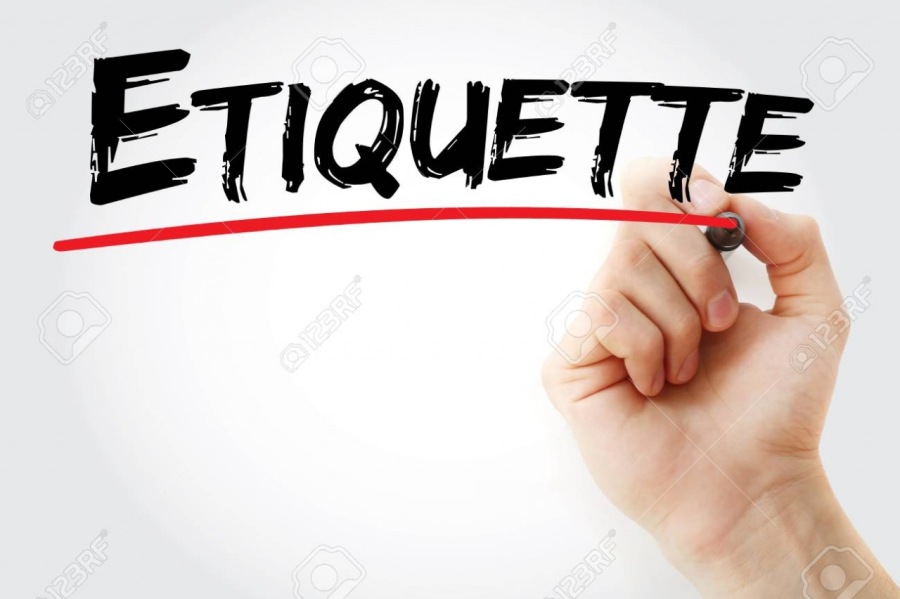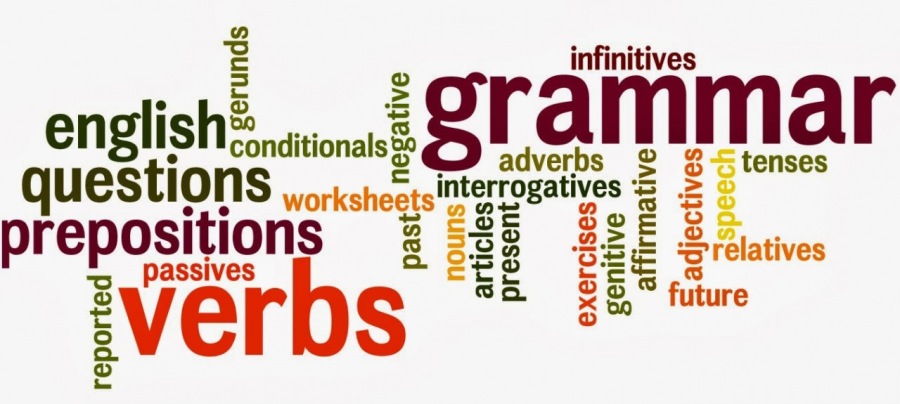3 WAYS TO ALMOST GUARANTEE YOUR WRITING WILL MAKE A BAD FIRST IMPRESSION

Over the last 25 years, I have seen many ways of succeeding and sadly, a few things that almost guarantee readers will be turned off before they get very far into an article that someone worked so hard on.
Here are my top three ways to lose readers before they get to know us:
LEAVING TYPOS IN THE TITLE AND/OR SUBTITLE
If you must make errors, try not to do it in your title or subtitle — the first impression will likely not be a positive one.
Are the words spelled correctly? Are they all there? Are they used correctly? Are the words in the correct order? Did you double-up a short word, which is so easy to do?
Read out loud. Look carefully at each word. Make a great first impression.
Check the first paragraphs, too. Too many obvious goofs coming that quickly will have your readers switching to the next interesting-looking article. (Yes, I want you to check everything, but once readers get hooked by your information, an occasional goof may seem less important.)
USING THE WRONG HOMOPHONE
In (inn) English, we (wee) have homophones — words that sound the same but (butt) don’t mean (mien) the same thing and aren’t spelled the same way (weigh, whey). They can trip up even the most experienced writers because we (wee) all (awl) rely too (to, two) much on spellcheck, right (write, rite)?
Let's remember that spellcheck does only one (won) thing: It checks spelling. It does not (knot) check usage. A correctly spelled word that is not the one you (ewe) meant will still be (bee) approved by (buy, bye) spellcheck.
And most platforms we use for publishing our articles do NOT have a spellcheck program built in. I deliberately typed tryed (should be tried) here and there is nothing indicating that tryed is not a real word, so if I wasn’t looking closely, it might have slipped by.
If you frequently write it’s when you mean its, or you’re when you mean your, create your documents in a program that has a grammar and spellcheck program. Misspelled words will automatically be flagged (at least in Word), although homophones will not. But if you use the grammar checker, they will be.
Another trick is to use the find/replace system in Word: Type in one of the pair (or threesome) you’re unsure about, see where it is in your sentences, and make sure it’s the correct one. Then type in the OTHER one to see if you’ve used that one correctly.
(This one trick would have saved me when I meant to write public in an article, but I left out the letter l. Yeah. The result was a perfectly fine word, but NOT what I meant. An alert reader private-messaged me to let me know. Now I type in the word I don’t want — pubic — to make sure I don’t see it in any article that contains public.)
You can also decide to really learn the meaning of one of the words in the pair, and if it’s not the right one for your sentence, use the other one. That might cut down on mistakes.
For instance: it’s can only be used when you mean “it is” or “it has.” If that doesn’t fit in your sentence, use its. You’re can only be used when you mean “you are.”
MISUSING BASIC PUNCTUATION MARKS IN YOUR VERSION OF ENGLISH
Why do I say your version of English? Because American English (the version I grew up with and teach) is very different from British English in all its variations. Some of our words are spelled differently (harbor vs. harbour). Some of our punctuation rules are different, especially when it comes to quotation marks.
But in general, what I see many writers do is use commas where they somehow believe they should (without following any known rule or need), use semicolons all over the place (there are really only three rules you need to know for most of your writing), and use too many apostrophes in the wrong places (mostly to form plurals of regular nouns, which is completely wrong).
We spend a lot of time creating articles to show our ideas to others. Let’s do our best to present ourselves in such a way that our readers come back for more!
If this post helped you in any way, please find it relevant and/or share the information with your followers. Let’s all learn together!
I invite your comments. How would YOU help others present themselves in the best light?
And if you want or need more help, check out my website, where I have posted my last two years’ worth of articles: www.GrammarGoddess.com.
"Articles from Susan 🐝 Rooks, The Grammar Goddess
View blog
Do you remember being a kid and wanting to grow up and know everything about everything, the way so ...

The Internet is a wondrous place, especially for those of us who grew up long before it was even tho ...

Brand Message Expert Daisy McCarty asked me recently about whether to use a comma or and in a senten ...
Related professionals
You may be interested in these jobs
-

Quantitative Services Professional
Found in: beBee S2 US - 2 weeks ago
Bank of America Newark, United States Full timeJob Description: · The Data Science team works closely with different Operations, Technology and Business Partners in designing and implementing predictive models and analytical tools using latest machine learning techniques. This role will also include participation in all phase ...
-
Sales Associate
Found in: Lensa US P 2 C2 - 4 days ago
Sunglass Hut Augusta, United States** Sales Associate Sunglass Hut** · Date: Mar 2, 2022 Brand: Sunglass Hut Location: Augusta, GA, US, 30909 · **Requisition ID:** · **Store #**: 00C227 Sunglass Hut SGO · **Position:**Casual Part-Time · **Total Rewards:** · Sunglass Hut, a global leader in the sale of premiu ...
-

Anesthesiologist
Found in: beBee S2 US - 3 days ago
Barton Associates Indiana, United States OTHERYour next locum tenens opportunity awaits in Indiana Our client, a hospital, is looking for an anesthesiologist to begin coverage immediately. Hours include 7a - 3:30p shifts. The selected locum will be handling ANE for ortho, OB, urology, IR, and general surgeries. There is a ch ...


Comments
Joyce 🐝 Bowen Brand Ambassador @ beBee
6 years ago #13
absolutely
Susan 🐝 Rooks, The Grammar Goddess
6 years ago #12
Thanks, Joyce \ud83d\udc1d Bowen Brand Ambassador @ beBee -- we all learn from each other, right?
Susan 🐝 Rooks, The Grammar Goddess
6 years ago #11
Thanks for that humor, @Barbara Henslee! And yes, Ken Boddie often cracks me up too.
Joyce 🐝 Bowen Brand Ambassador @ beBee
6 years ago #10
Susan 🐝 Rooks, The Grammar Goddess
6 years ago #9
As always, , you give more than you get. I appreciate your taking the time to comment, especially as I see your comments all over the Internet -- when do you sleep?
Susan 🐝 Rooks, The Grammar Goddess
6 years ago #8
That's called life, Devesh \ud83d\udc1d Bhatt! We're always finding bad habits to change, right?
Susan 🐝 Rooks, The Grammar Goddess
6 years ago #7
Oh sure, Ken Boddie, blame poor autocorrect! Thanks for a great laugh early (for me) this morning!
Susan 🐝 Rooks, The Grammar Goddess
6 years ago #6
And thanks for that, Franci\ud83d\udc1dEugenia Hoffman, beBee Brand Ambassador! Much appreciated.
Ken Boddie
6 years ago #5
Devesh 🐝 Bhatt
6 years ago #4
David B. Grinberg
6 years ago #3
Susan 🐝 Rooks, The Grammar Goddess
6 years ago #2
Susan 🐝 Rooks, The Grammar Goddess
6 years ago #1